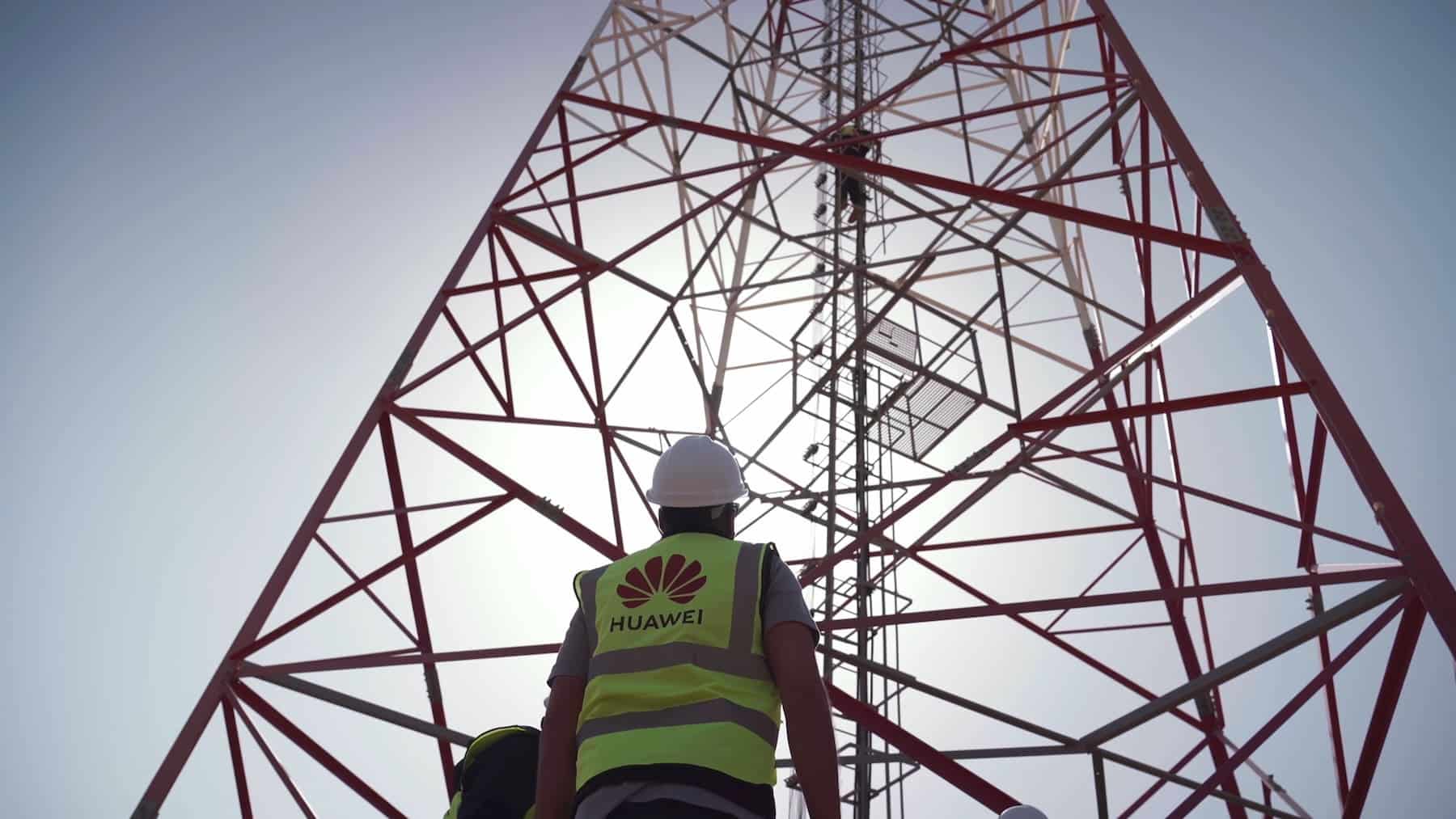The legal process against the Chinese tech company will reactivate in May 2026, amid a tense geopolitical context and with financial repercussions for the global tech sector.
Huawei Technologies Co. will face a criminal trial in the United States over an accusation of 16 charges, including racketeering, trade secret theft, and bank fraud, after federal judge Ann Donnelly decided not to dismiss most of the case. The ruling, issued from the Eastern District of New York, marks a new chapter in the prolonged confrontation between Washington and the Chinese telecommunications giant.
In her 52-page ruling, the judge determined that there is sufficient evidence for Shenzhen-based Huawei to answer for its alleged involvement in criminal activities intended to expand its brand globally. Among the presented evidence are transfers exceeding $100 million through the U.S. financial system related to covert operations in Iran via its alleged control of the Hong Kong-based company Skycom.
The Trial: A Date with Global Implications
The trial is scheduled to begin on May 4, 2026, and is expected to last several months. Huawei has pleaded not guilty to the charges and has characterized the accusation as an attempt to criminalize its international operations. However, Judge Donnelly upheld the continuation of the process, considering that the prosecution has formulated “sufficiently detailed” charges that involve systematic practices of intellectual property theft from U.S. companies.
The criminal case, initiated in 2018 during Donald Trump’s first term, was part of the Justice Department’s China Initiative, a strategy launched to counter alleged Chinese economic espionage. Although this initiative was canceled in 2022 by the Biden administration following criticism over racial profiling, the process against Huawei continued to advance.
Financial and Geopolitical Context
The judicial conflict has had a significant reputational and operational impact on Huawei, which has been subject to multiple sanctions since 2019. These restrictions have limited its access to key U.S. manufactured technology components, forcing the company to redesign its supply chain and focus on in-house developments, such as its HarmonyOS operating system and Kirin chips.
Despite the challenges, Huawei managed to close 2024 with its second-largest annual revenue in history, an indicator of its resilience amid technological isolation. The company currently employs about 208,000 people and operates in more than 170 countries.
However, this new criminal proceeding could usher in an additional phase of uncertainty, not only for Huawei but for the entire Chinese tech ecosystem, now under increasing scrutiny in the West. Indeed, countries like Taiwan have recently intensified their own control measures, including blacklisting Chinese companies for exporting artificial intelligence chips.
Market Impact: The Yuan Weakens, Euro Strengthens
The news of the trial has also generated repercussions in currency markets. The offshore yuan fell 0.3% against the dollar after the trial ratification was announced, while the euro gained traction, rising above $1.21. This appreciation of the euro coincides with a sustained weakening of the dollar—as recently reported—and could benefit Huawei’s European competitors, at least in terms of relative purchasing power.
The euro/yuan cross rate has climbed to 7.87, a peak not seen since mid-2022, suggesting that investors are valuing European regulatory stability more favorably against the rising political and legal risks facing Chinese tech companies.
Conclusion: A Case that Will Set a Precedent
The trial of Huawei could become one of the most significant criminal proceedings of the decade for the tech industry. Beyond the judicial outcome, the case highlights the tightening legal and regulatory environment faced by Chinese tech multinationals outside their borders.
The coming months will be crucial in assessing the impact on Huawei’s global strategy and, by extension, on tech and trade relations between the United States, China, and their allies. Legal uncertainty could weigh heavily on future international partnerships, as well as on the evolution of tech supply chains in a context of increasing geopolitical fragmentation.
Source: es.marketscreener.com

